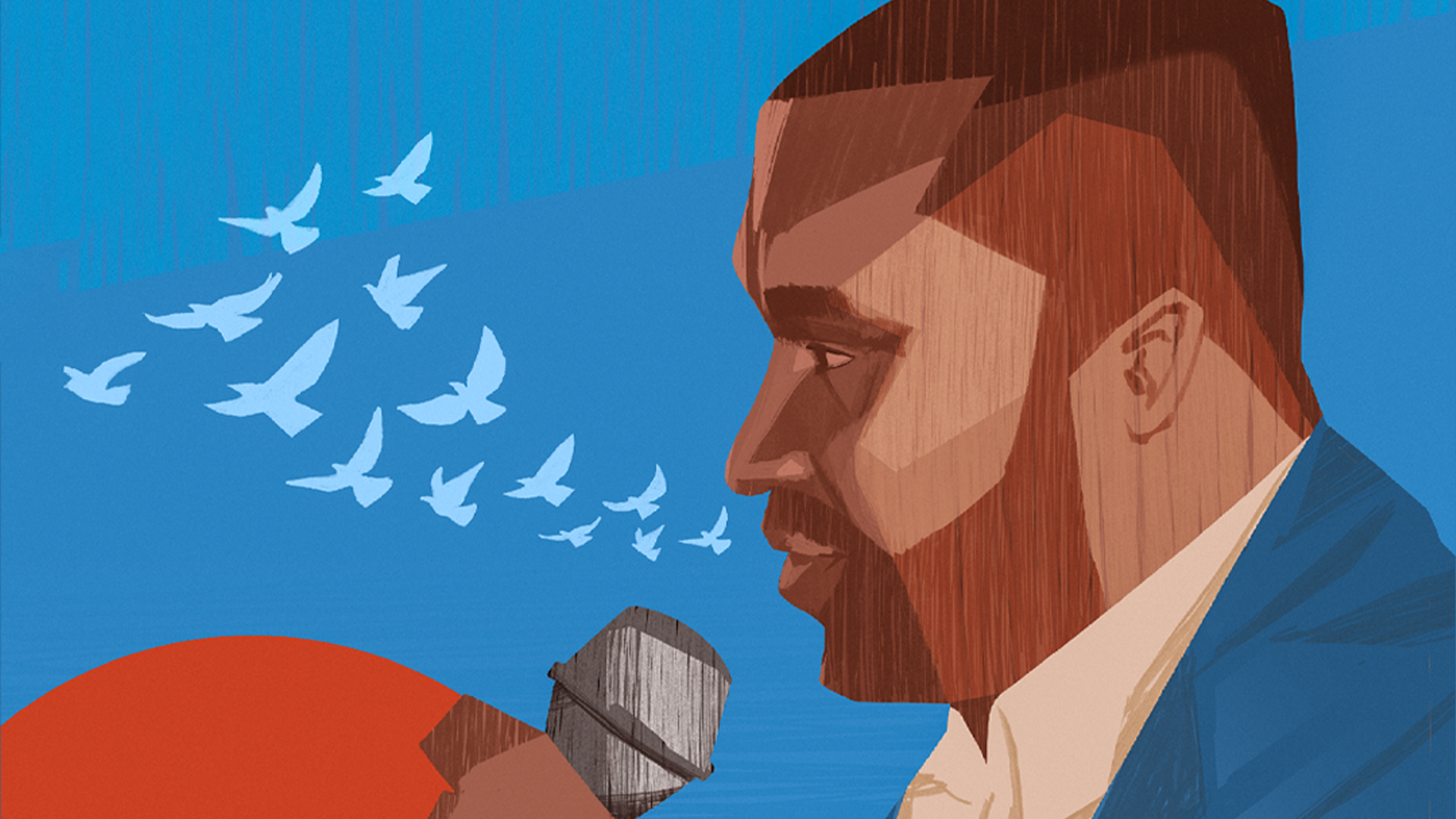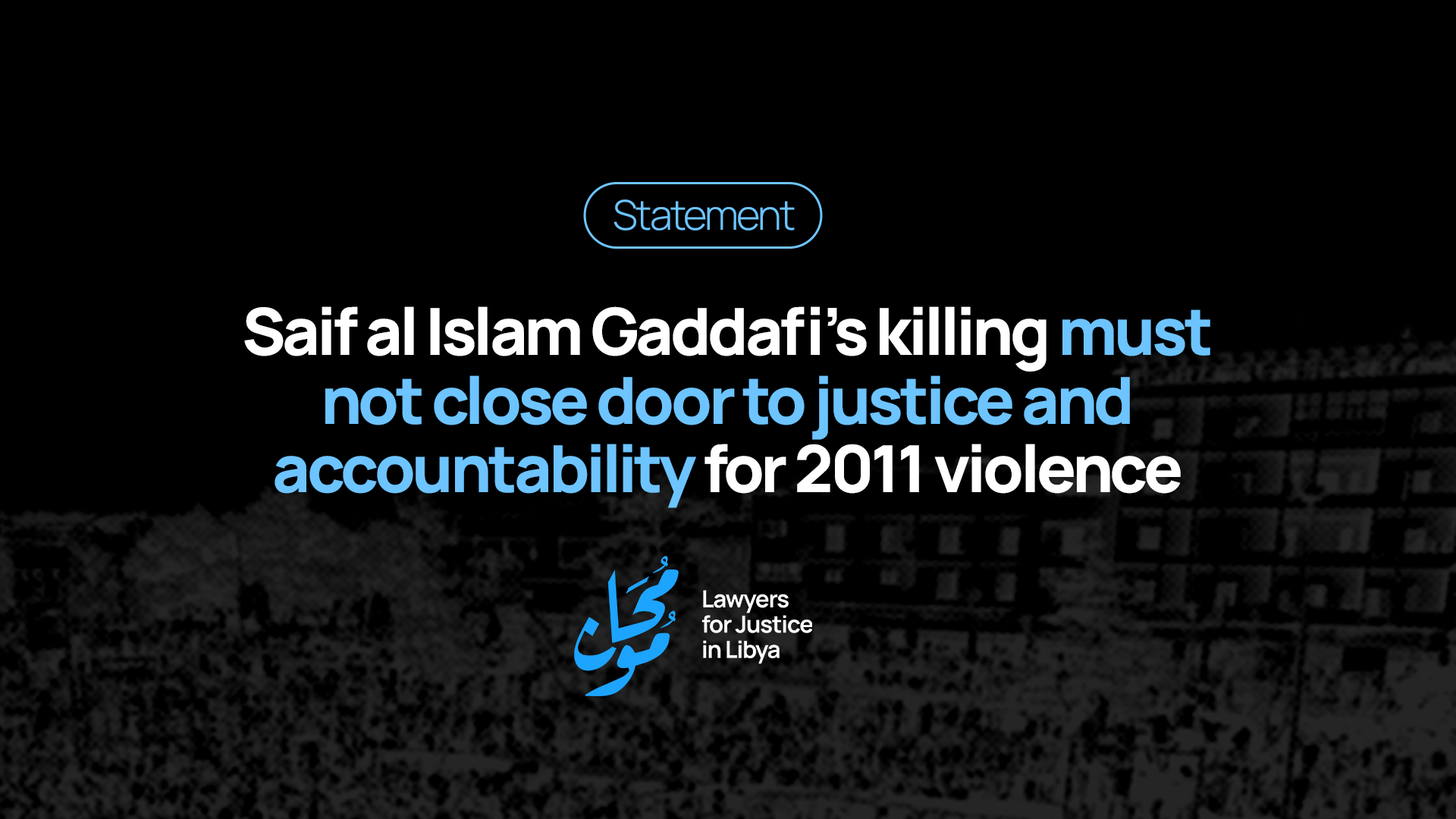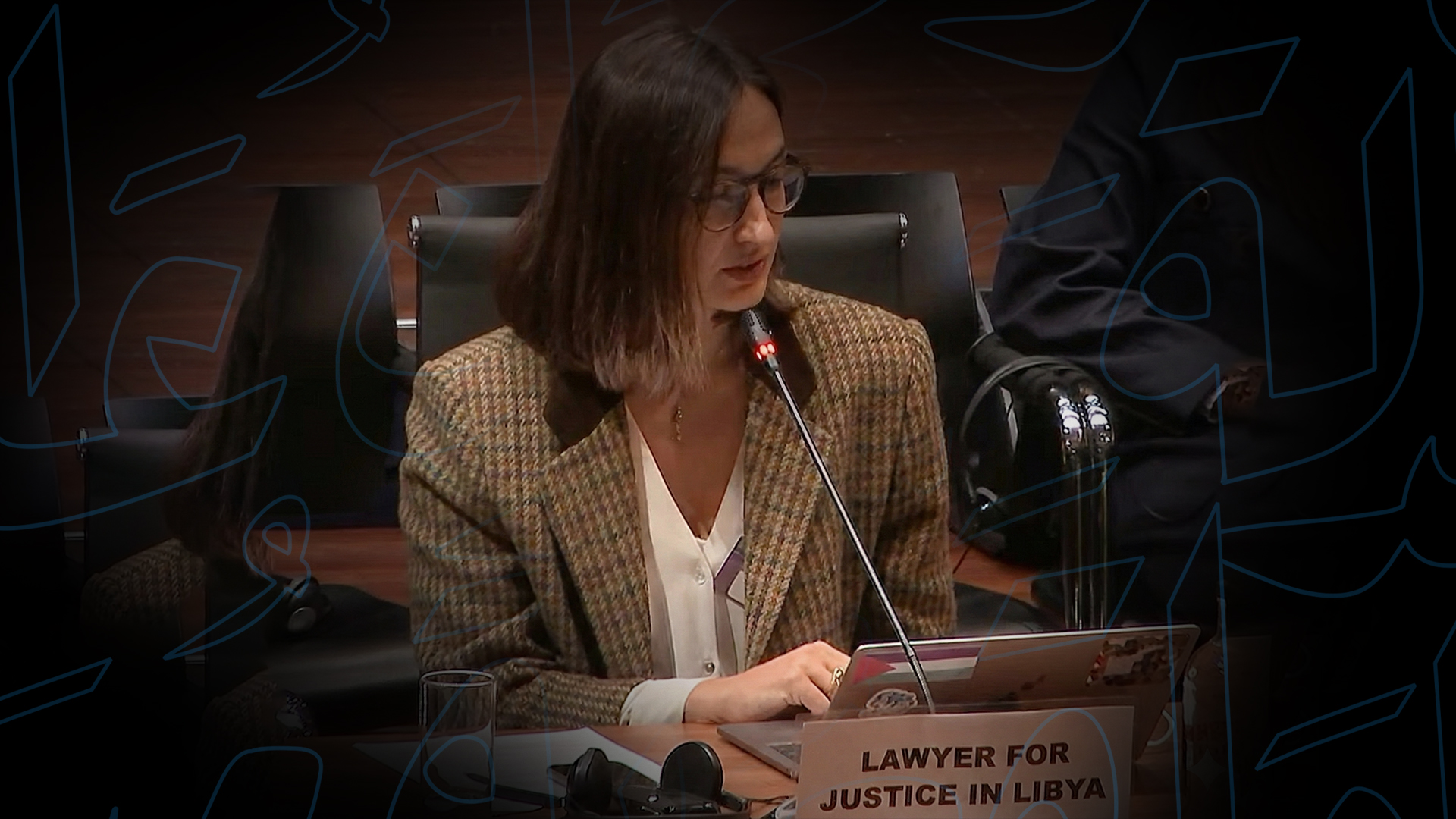LFJL announces the launch of The Sawti reports
Lawyers for Justice in Libya (LFJL) is proud to announce the launch of a series of three monthly reports on freedom of expression in Libya and to publish the first report today. The Sawti reports are based on LFJL’s ongoing research and monitoring of the freedom of expression situation in Libya. The reports examine the development of this fundamental right throughout Libya’s modern history, focusing on the impact of legal reforms that have occurred since 2011. The first report can be accessed through the following link.
The right to freedom of expression in Libya has been placed severely at risk. Key freedom of expression stakeholders, such as media practitioners and members of civil society, have been targeted by armed groups. They also experience constant intimidation, kidnapping and assassinations as well as attacks on their work premises and properties. In addition, transitional governments have failed to remove existing arbitrary restrictions to freedom of expression and even introduced new provisions which further undermine and violate these rights.
Through the Sawti reports, LFJL investigates, in detail, how such impediments are affecting the day-to-day enjoyment of freedom of expression in Libya. The reports review existing legislation, discussing the history of such laws and their compliance with Libya’s international legal obligations. They also look into the obstacles affecting the implementation of measures that might offer some protection of freedom of expression. In addition, the reports share the perspectives of several freedom of expression stakeholders working in Libya, in order to discuss the challenges they face and what they believe needs to be done to improve the current situation. Through this examination, LFJL hopes to provide a core resource to those interested in freedom of expression rights and to help inform the decisions of future policy makers.
LFJL Director, Elham Saudi, said “Freedom of expression is a cornerstone of democracy. Securing this ‘mother right’ is necessary to ensure the enjoyment of other rights and freedoms and to help hold government accountable. Through the Sawtireports, LFJL seeks to highlight issues to help inform legal reforms in the future, assist organisations in their advocacy efforts and provide a platform for discussion of key freedom of expression issues”.
LFJL hopes that the Sawti reports will encourage readers to participate and actively discuss human rights issues in Libya. LFJL wishes to invite you to share your thoughts on the issues brought up in this first report and to let us know what issues you would like us to explore going forward by sending an email to sawti@libyanjustice.org or by joining the conversation on Twitter or on our Facebook page.





